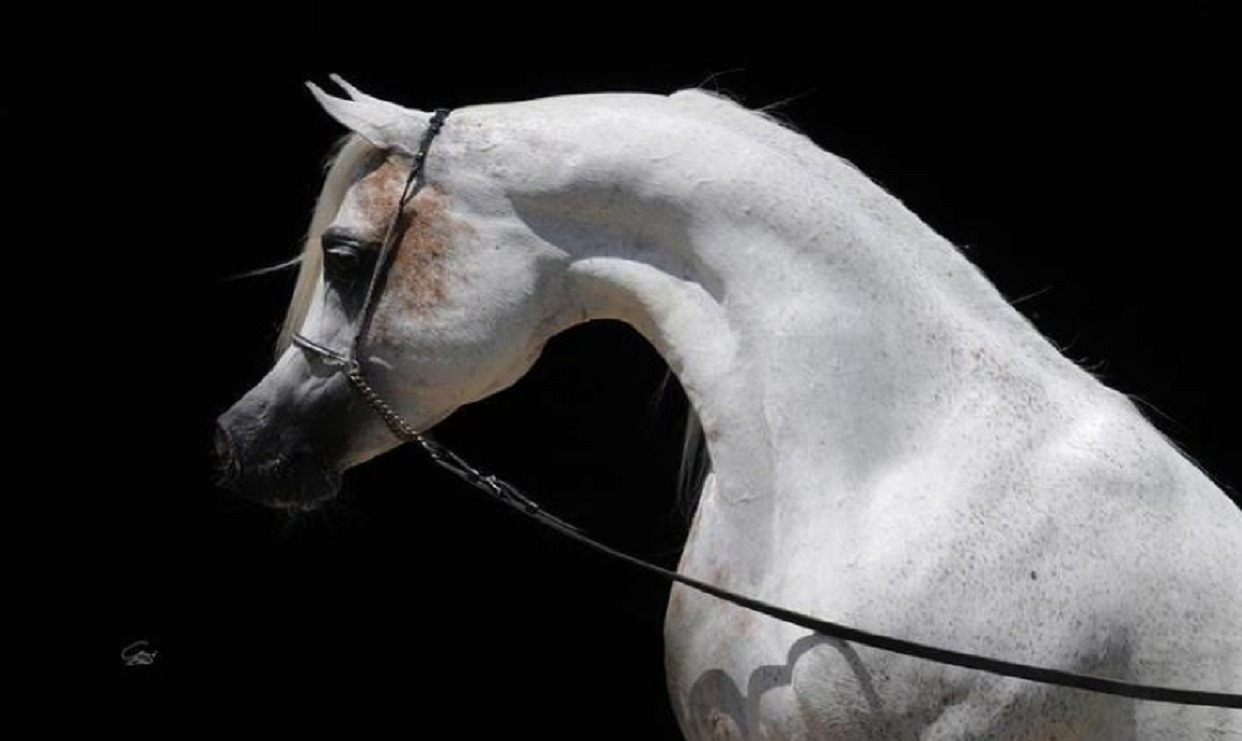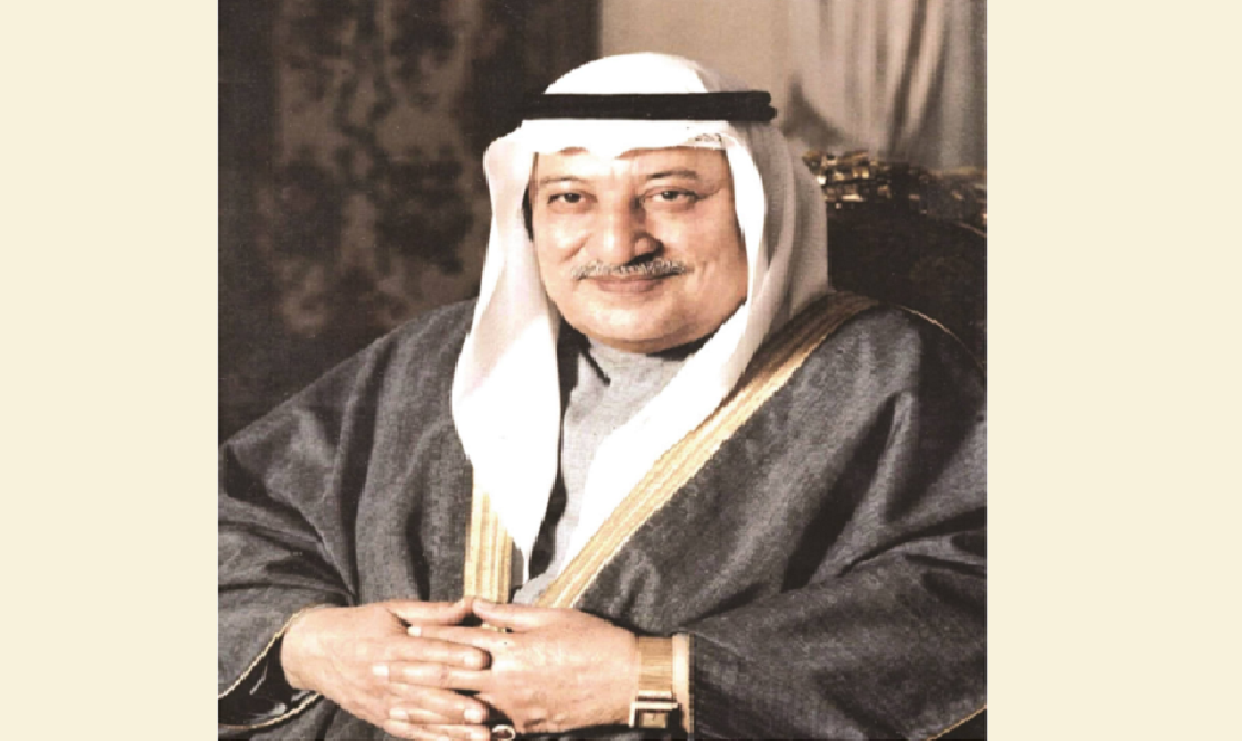1,211 عدد المشاهدات
JAMAL BIN HUWAIREB
To Arabs, horsemanship is an immortal legacy which they inherited from their forefathers long ago. Historians could not trace back the date of its beginnings. Some historical sources narrate that the Prophet Ishmael was the first to ride and tame Arabian horses after they had been wild; hence they are called “Arabian horses” in all world languages. Their characteristics never change, because they have taken from Arabia its power and endurance and from the Arabs their noble descent and honor. According to the well-known historian, Hisham Al Kalbi, horses had been originally in Yemen, then some of them came to Arabia after the ruin of the Kingdom of Saba’.
Pre-Islamic Arabs used to take excessive care of horses; they organized horse races and gave awards to winners. Islam approved of, and encouraged, horse races. Arabs inherited from their predecessors the skill of choice of horses.
Once I asked HH Sheikh Mohammed bin Rashid Al Maktoum, may God protect him, how he chooses his horses, for he chooses only the best horses that always win international races. His Highness replied, “This is a knowledge that I inherited from my father, Sheikh Rashid, may God rest his soul in peace. I have gained more knowledge and experience with time.” I said, “The experiences and knowledge of horses that Arabs inherited from ancient times are the same as those acquired by the late Sheikh Rashid, who taught it to his son Sheikh Mohammed bin Rashid Al Maktoum.”
All pure-blooded Arabs love horses, though this love takes different forms. Some of them love to ride them and feel comfortable on their backs. Some acquire them for their beauty and blessing and boasts about owning them. Some are fond of using them in local and regional races and consider them a source of goodness and a good omen to them. Others like to watch them and enjoy a feeling of peace of mind, honor and mercy at once. Whoever stands before them would naturally feel attracted to them; let alone if such a person was an Arab who feels that there are similarities between him and purebred Arabian horses in terms of character and attributes – the thousands-of-years-old genes will move at that moment. This is the very feeling I have when I see horses even though I am not a horseman or own horses.
His Highness Sheikh Mohammed bin Rashid, has inherited the love of horses from his parental forefathers of Al Maktoum, and from his maternal forefathers of Al Nahyan. Those who trace back the history and life of the two noble families will find that they have excessive passion and fondness for acquisition of the finest horses. Since times of old, they have been raising their sons and training them to ride horses. No wonder that Arabs used to applaud this, like the illustrious Omani poet, Abu Muslim Nasser bin ‘Odayim Al Rawahi (1857 – 1911 A.D.), who eulogized them and their tribe in a line of poetry:
A folk on horseback,
Whose children suckle the blood of heroism.
The poet praised Bani Yas tribe in a long poem on account of what they were known for in those times. He did not praise them seeking their rewards, but for their noble traits, particularly for their love of horses.
Therefore, the response of HH Sheikh Mohammed bin Rashid came spontaneously and naturally when he was asked about horsemanship by the Gentleman’s Magazine of London in 2000; he said, “The love of horse riding runs in my blood. Do not forget that Arabian horses co-existed with Arab tribes. They were an important tool for hunting and war. They represent the history of Arabs. Horsemanship is not mere horse riding; it is originality and attitude. From birth, I loved horses. My father, Sheikh Rashid, introduced me to horses and trained me to ride them. I took, and am still taking, part in endurance and speed races, both national and regional.”
Invitation
In this issue of ‘Orbits and Inscriptions’, a number of articles and research papers deal with purebred Arabian horses. If anyone wishes to contribute to this civilized initiative about the history of our Arabian horses in the UAE and Arabia, they will be welcome anytime.





